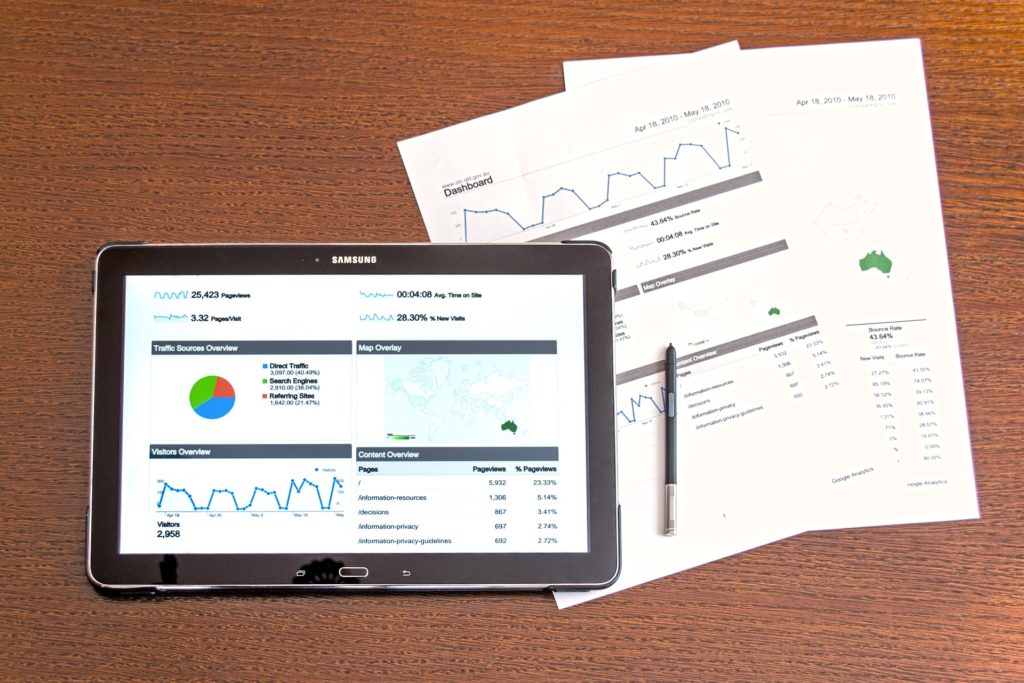
Budgeting is essential to successful money management. You have to know how much money you have coming in, and what you’re going to do with it. Without doing that, you may forget about expenses, overspend, and accumulate debt. The tracking of income, expenses and spending is what most people think of when they hear the word budget. However, there’s another aspect of budgeting that many people don’t do. It can be called many things, but I like to call it a budget retrospective.
A budget has a duration, although the length of a budget cycle may vary by person or family. A budget cycle may be a week, a pay period, or a month in length. A properly done budget would map out the income during the budget cycle, as well as the expenses, savings, and expenditures. A budget retrospective is analysis of the budget cycle after it’s over. In a budget retrospective the end result should be compared against the initial planning, and the changes made along the way explained and analyzed.
There are many productive outcomes from doing a budget retrospective, some of my favorites are listed here:
Shows Needed Budget Changes
A budget retrospective can show areas where your budgeted amounts are incorrect. If you budget $100 a week for groceries, but consistently spend $150, the budget retrospective exposes this and shows you may want to increase your weekly grocery budget. On the other hand, if you allocate $75 a week for gas, but only spend $50, you can then lower that allocation.
Exposes Overspending
A budget retrospective may show you spent more than your income during a budget cycle. This should ring alarm bells forcing you to take a hard look at your spending to bring it inline with your income. Otherwise, you may fall into the hole of accumulating debt.
Exposes Forgot Expenses
Your budget retrospective might show you forgot to buy a present for Mother’s Day, or some other yearly event. Looking back at previous retrospectives, you might find you’ve forgotten it 3 years in a row. This could be the stimulus to putting a note in your phone, or somehow leaving a reminder for the next year to remember to plan ahead for that expense in your budget.
A successful budget process has three phases: Planning, tracking expenses and retrospective analysis. Many people are good at doing the first two, but sometimes the budget retrospective gets lost. Including a budget retrospective in your overall process will help you ensure you know exactly where your money needs to go, and you have a firm grip on your spending patterns.
How about you, EOD nation, do you do budget retrospective analysis?
My wife and I did a budget retrospective at the end of last year. It was a great way to see what we actually spent versus what we thought we’d spend at the beginning of the year. It allowed us to reassess what we were spending our money on, whether we were happy about how we were spending it, and how we could readjust our budget in the next year to better align with our values. I highly recommend doing it.
What budgeting tool do you use?
What do you use for budget tracking? online, paper, spreadsheet, etc? We currently use mint but its not meeting my needs. I would like to be able to reconcile my spending to my bank accounts each month and Mint does not do this. How do you make sure your credit card bill is correct and then make sure its reconciled to your bank account?